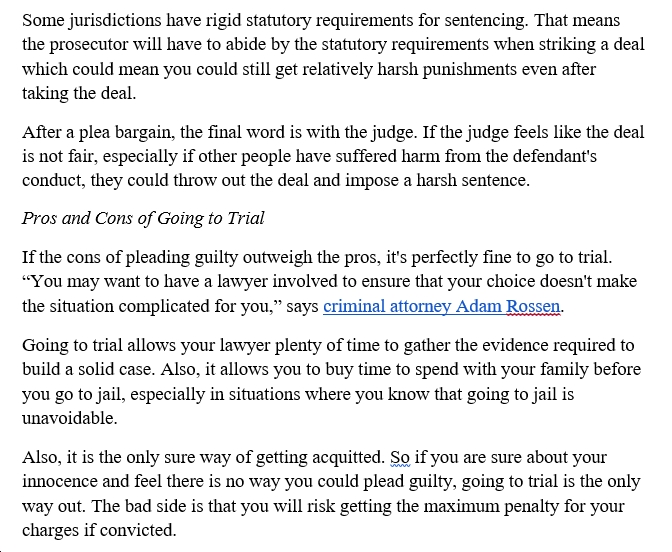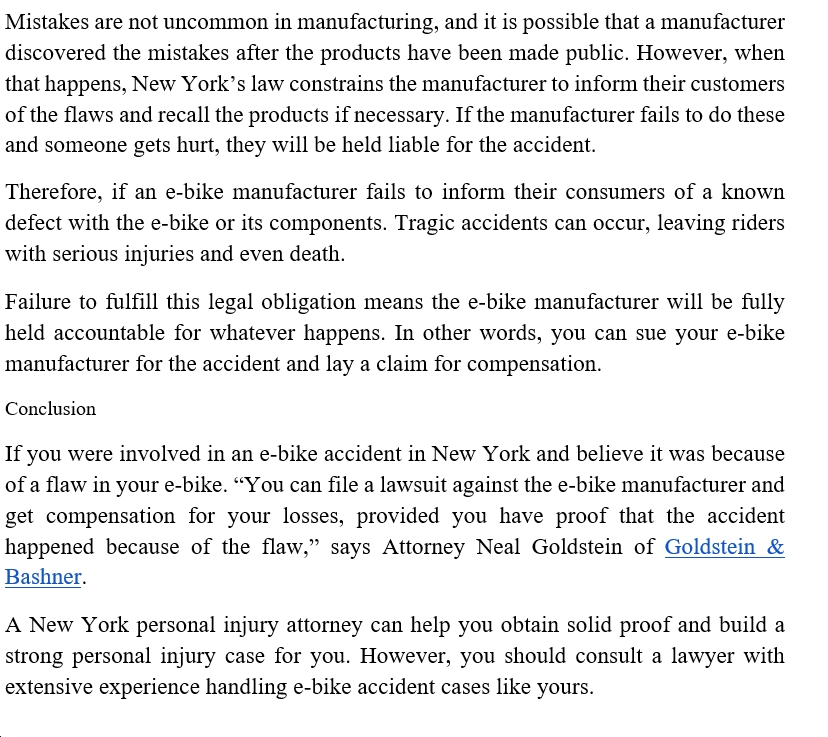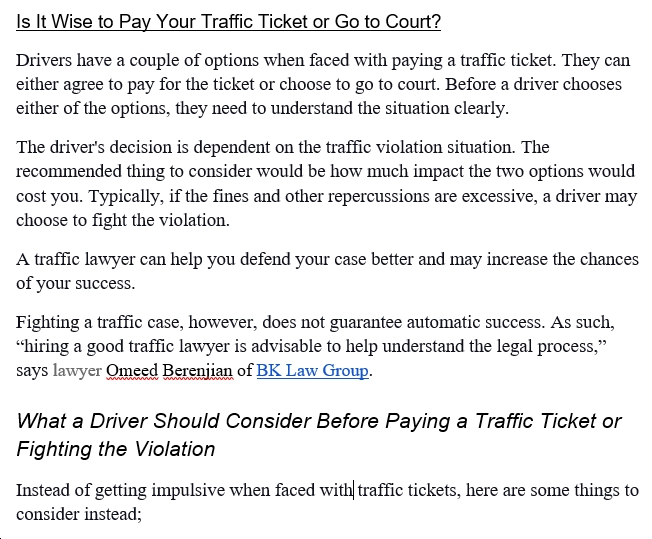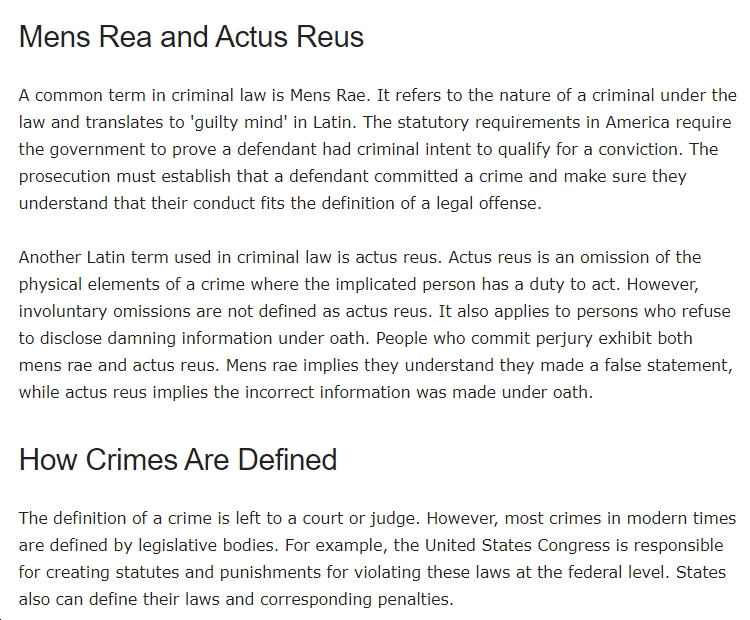SPONSORED CONTENT
When harm is inflicted by someone connected through marriage, dating, or cohabitation, the terms “domestic violence” and “domestic abuse” are often used interchangeably. However, US law reveals a more intricate story. Delve into the world of state and federal statutes with us as we uncover the legal distinctions that set domestic violence and domestic abuse apart.
Domestic Abuse: Definition and Scope
Essentially, domestic abuse is a comprehensive term that includes various forms of harm within specific relationships in the US. For example, Wisconsin outlines provisions for domestic abuse under Wis. Stat. § 968.075, which states that it involves “intentionally inflicting physical pain, injury, or illness, or engaging in an act that may cause someone to fear imminent danger of bodily harm.”
Moreover, Wis. Stat. §§ 813.12 and 943.01 expand the provisions included in Wis. Stat. § 968.075 by incorporating property damage and threats to commit any of the acts mentioned in Wis. Stat. § 968.075. What are the implications of this? In Wisconsin, when filing a restraining order against a defendant, property damage is regarded as domestic abuse in the context of a judge’s decision. However, an officer cannot arrest an individual for domestic abuse solely due to property damage, as it is not considered domestic abuse in the context of an officer’s responsibilities.
Domestic Violence: Definition and Scope
Wisconsin uses “domestic abuse” to define acts of violence between people with specified relationships. Some states, such as North Carolina, use “domestic violence” to describe similar conduct.
Under NC Gen. Stat. 50B-1, domestic violence is the act of committing a series of acts upon a minor living, or in custody of the defendant, an aggrieved party, or a person with a relationship to the defendant. The acts include attempting to cause bodily injury, placing the victim in fear of bodily injury, negligent homicide, and assault, among others.
Domestic Violence and Abuse in the Context of Federal Statutes
Now that we have had a look at some of the state codes in regard to domestic violence and domestic abuse, how about federal codes?
Federal law mainly uses domestic violence to describe prohibited acts between people with a relationship. A typical example is the Violence Against Women Act, which uses the term.
Another example is Title 18 of the United States Code, which outlines the federal crime of domestic assault by a habitual offender. The offender, as the statute stipulates, may be the current or former spouse, parent, child, or guardian of the victim, a co-parent, and more.
Conclusion
As highlighted in our blog, there is variability in how different states use the terms “domestic violence” and “domestic abuse” to refer to prohibited acts committed against individuals who have a relationship with the offender. At the federal state-level, domestic assault and domestic violence are the most commonly used terms.
“Legal concepts related to domestic abuse can be complicated for the average person to understand. Additionally, the implications on the offender can vary based on the jurisdiction, so it’s crucial to work with an experienced professional when filing a lawsuit for domestic abuse, violence, or assault,” says attorney Mark Sherman of The Law Offices Of Mark Sherman, LLC.

















